France is at war again, or as good as, according to Emmanuel Manuel’s recent rhetoric. This time the enemy is Russia, which at least is a more tangible adversary than Covid, on which the French president declared ‘war’ in March 2020. Most of the Republic believed him and submitted to one of the most draconian lockdowns in Europe. The state of health emergency imposed by Macron ended only at the start of last month, by which time millions of French understood that it had been a phoney war on a virus that wasn’t half as deadly as their president had had them believe.
Barely a fortnight after the health emergency was lifted, Macron was once more issuing a warning of doom and gloom, this one about the ‘price’ the French must pay for supporting Ukraine. It is now a narrative parroted regularly by his ministers.
At the weekend Gabriel Attal, the Minister for Public Action & Accounts, told the nation ‘to prepare for tension’ as a result of rising food and energy prices. On Wednesday Prime Minister Élisabeth Borne explained that ‘the real risk of gas shortages demonstrates that defending our values by supporting the Ukrainian people has a price’.
But scepticism is growing in France, encapsulated by an op-ed headline in Le Figaro this week: ‘Energy Crisis: Putin’s fault, really?’ As the newspaper pointed out, ‘the reality is that, for the past 15 years, we have voluntarily sacrificed part of our nuclear power, which ensured our energy sovereignty, in order to make little political arrangements with the ecologists.’
It was an accusation echoed by Marion Marechal, the former National Front MP and now the vice-president of Eric Zemmour’s Reconquest party. ‘Macron bears a heavy responsibility for the energy shortage we are experiencing,’ she tweeted in response to the government’s warnings. Alongside her statement was a link to a newspaper article from November 2018, reporting Macron’s decision to close 14 of the country’s 56 nuclear reactors by 2035. Henceforth, trumpeted the president, ‘we are concentrating our efforts on the development of the most competitive renewable energies…because we care about the purchasing power of the French’.
So concentrated on the development of renewable energy is Macron that it appears he has happily let the nuclear reactors go to pot. Thirty-two are currently shut down for either general maintenance or repair work. Last week Electricité de France (EDF) announced four of the reactors have been shut down because of stress corrosion and small cracks; as a consequence their reconnection to the electricity grid has been delayed by several weeks, with two now scheduled to be operational in November, a third in mid-December and the fourth in late January. As Le Monde put it, the ‘delay can only contribute to a surge in wholesale electricity prices as never seen before in France’. A year ago the price was under 100 euros per megawatt-hour; today it is 900 euros.
France derives 75 per cent of its electricity from nuclear energy, 20 per cent from renewable sources (8 per cent of which comes from wind energy) and the rest from fossil fuels, but Macron’s government is preparing a new bill that will make it easier to install wind farms and solar panels, thereby increasing the country’s reliance on renewable energy.
This is an issue over which French politicians have argued for years. During the 2012 presidential campaign, the incumbent, the centre-right Nicolas Sarkozy fiercely defended nuclear energy against his Socialist challenger, Francois Hollande (Macron’s political mentor). He wanted to reduce the dependence on nuclear energy from 75 to 50 per cent by 2025 and increase the reliance on renewable energy. In this he was encouraged by the Germans, and they made plain their anger in 2016 when Hollande had still not closed the Fessenheim plant in eastern France.
It was finally closed in 2020 by Macron, who has a habit of obeying orders from Berlin. Hundreds of people lost their jobs as a result of the closure but they were regarded by the Green Lobby as collateral damage in their energy transition crusade.
Across the West it seems that governments believe that their people going cold and hungry this winter is a price that must be paid. Blame Putin, they proclaim, but isn’t it rather their own uncompromising zeal in Net Zero?
Got something to add? Join the discussion and comment below.
Get 10 issues for just $10
Subscribe to The Spectator Australia today for the next 10 magazine issues, plus full online access, for just $10.


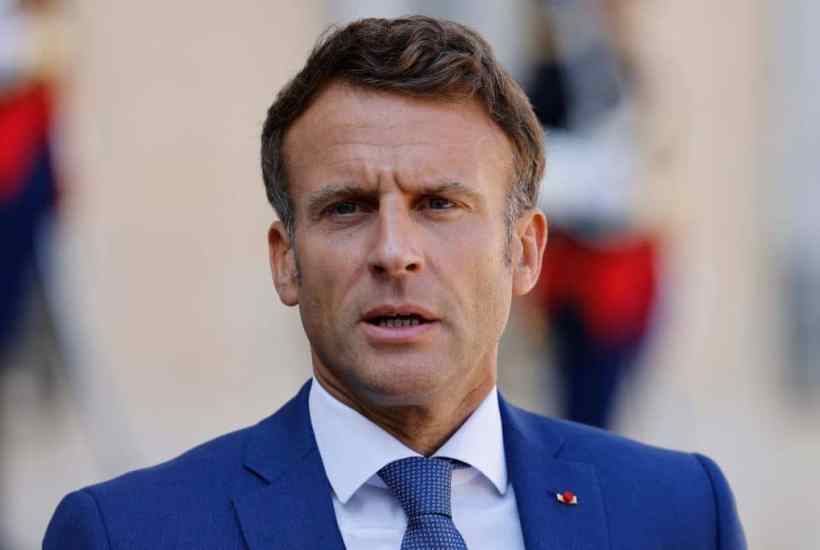
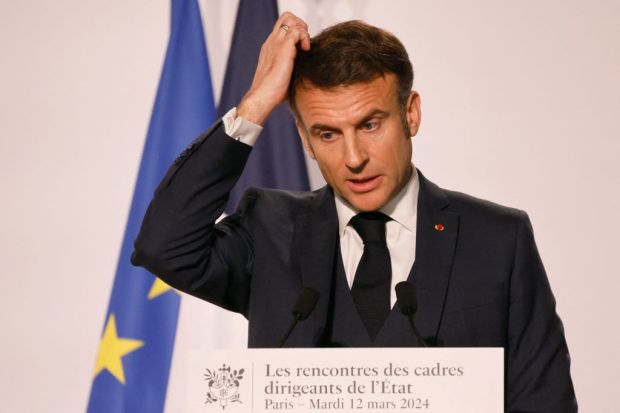
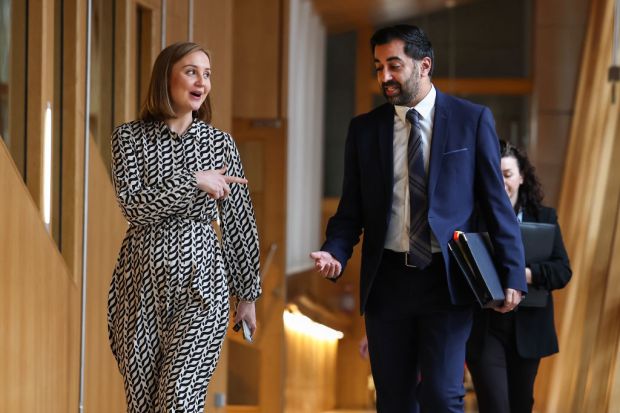
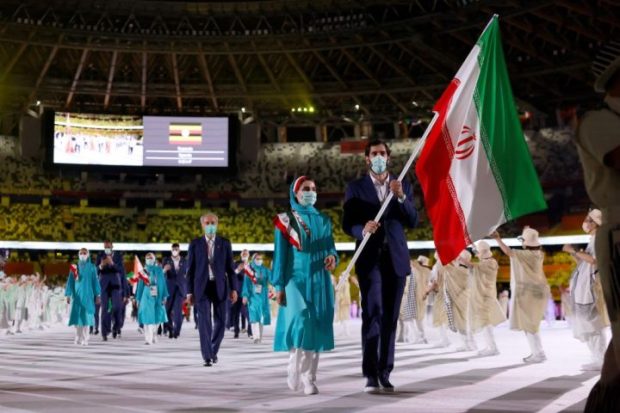
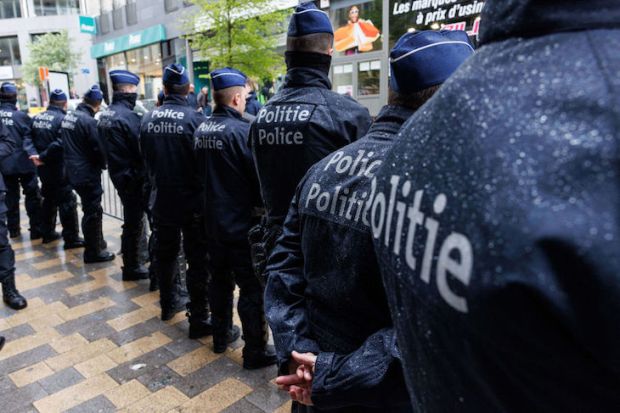

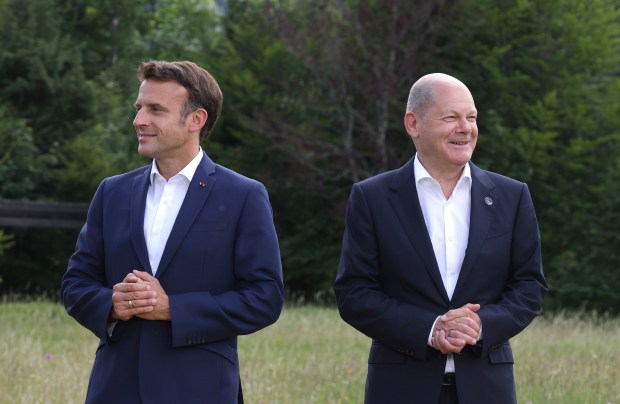












Comments
Don't miss out
Join the conversation with other Spectator Australia readers. Subscribe to leave a comment.
SUBSCRIBEAlready a subscriber? Log in